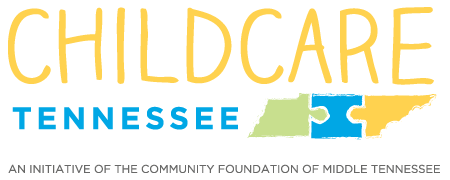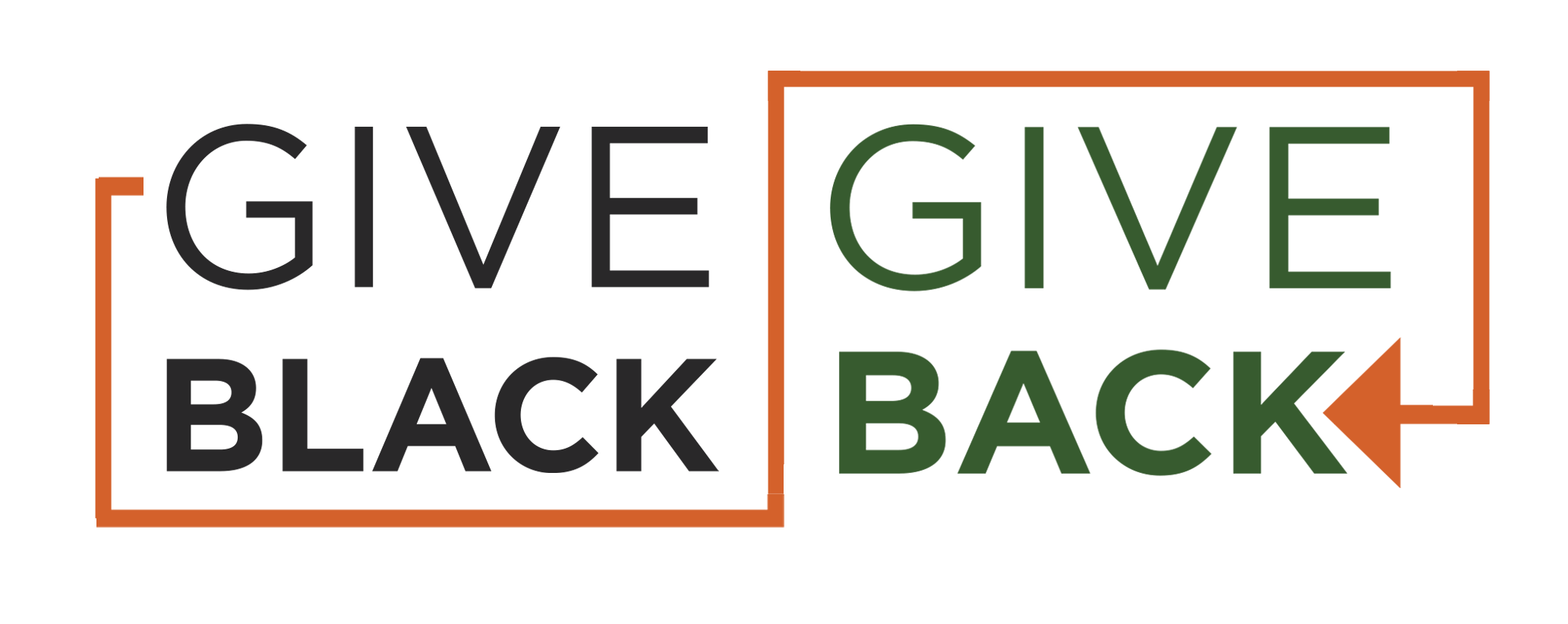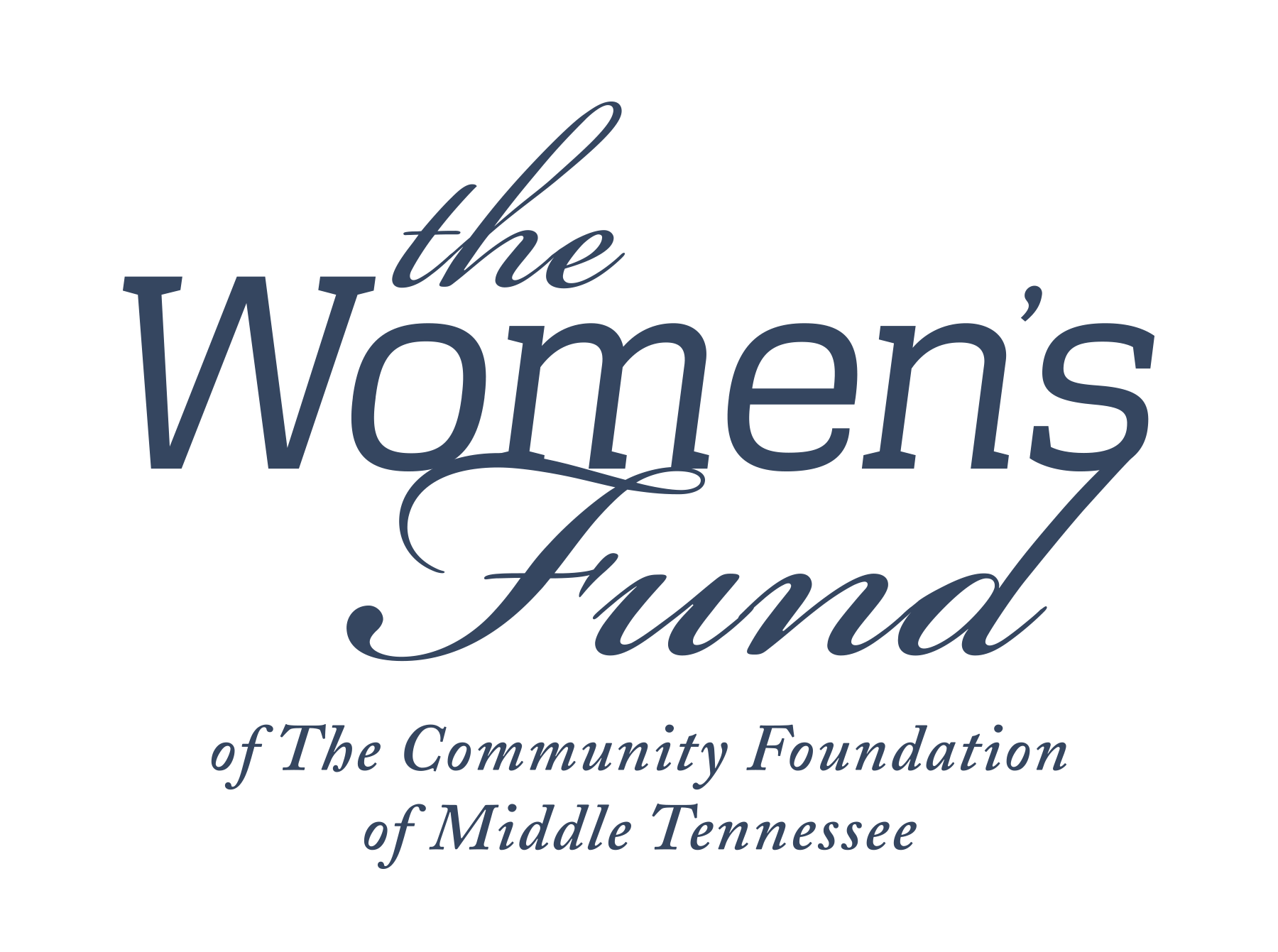If you do not find the information you need here, Community Foundation staff is available to answer your questions. Send inquires to EmergencyGrants@cfmt.org or call 615-321-4939 and ask for someone to help you with your employee care application.
Employee Care Funds are designed to provide short-term, emergency support to employees or eligible dependents who have experienced certain unforeseen and unpreventable circumstances such as a natural disaster or a serious illness – and, as a result, cannot afford housing, utilities and other basic living expenses.
All qualified employees of our corporate partner companies listed here. Employees must meet the employment criteria set forth by their employer and must also have recently experienced a qualifying incident.
Natural Disaster: situations such as a wildfire, flood, tornado, hurricane, severe storms or earthquake, that have damaged or destroyed the employee’s primary residence. The Fund cannot pay to repair other property (fencing, garages, storage buildings, etc.) and cannot pay to replace non-essential items, such as electronics or furnishings. Photographs, insurance reports, or other documentation of damage is required.
Life-Threatening or Serious Illness or Injury: the employee, partner or an eligible dependent suffer a serious or life-threatening illness or injury that causes economic hardship. The Fund is not a substitute for medical insurance and is not intended to cover insurance deductibles. Applicants do not automatically qualify for a grant when they are diagnosed with or sustain a life-threatening or serious illness or injury. There must be resulting financial need including an inability to pay basic living expenses. Medical documentation will be required.
Death Incident: This includes the death of the employee, partner or eligible dependent. The loss of income, cost of burial or funeral expenses, or resulting medical bills prevents an employee from affording basic living expenses. The Fund cannot pay for travel to funerals, caskets, grave markers or other funeral and burial expenses. Assistance will be provided in other ways to offset these costs. Copy of the death certificate, obituary, or other documentation along with of proof financial impact will be required.
Catastrophic or Extreme Circumstances: This includes but is not limited to: fire, major home damage (not caused by natural disaster) that could not be prevented, serious crime against the employee (robbery, arson, assault, domestic abuse, extreme vandalism), or another reportable incident beyond the applicant’s control that impacts the ability to afford basic needs. Catastrophic or extreme circumstances do not include: typical job layoffs, credit card debt, home foreclosure, wage garnishment, high utility bills, child support payment, car repair, taxes, or accumulated debt. Documentation of the incident including financial impact will be required.
Employees can find information by selecting their company’s fund from the list provided here.
The requirements for each company are outlined on the application. Employees who are not sure can always contact the Community Foundation and ask for help with the application process.
Employees submit requests for assistance directly to the Community Foundation as directed on the application and Foundation staff will work with each applicant to help them complete the process.
1) Determine if you qualify. Review the requirements outlined on the application and choose a qualifying incident.
2) Complete and sign the application. All pages must be completed. Assistance grants cannot be made if Section D is not completed.
3) Collect and attach any needed documentation. You will need to submit proof of the qualifying incident and copies of bills or invoices for which you are requesting payment assistance.
4) Submit your completed application directly to the Community Foundation of Middle Tennessee. The Foundation, not the employer, reviews all applications.
5) Your application will be reviewed for completeness once it is received. The Community Foundation staff will determine if you need to submit any additional documentation and will contact you with any questions about your situation.
6) Employment will be verified for every applicant with each employer.
7) The Community Foundation staff will contact you to let you know if your request has been approved. The Foundation staff will discuss with you the reasons for the decision and, if approved, a plan of action.
8) Once approved, payments will be sent directly to vendors. Payments are made by check, sent directly to each vendor (electric company, landlord, mortgage company, contractor, etc.)
9) A letter will be mailed to you listing all payments made on your behalf. After payment have been sent out, you will be sent a letter detailing exactly what amount(s) have been sent to each vendor.
No. We can only make payments directly to vendors on your behalf. Money cannot be paid directly to any applicant. The fund can pay for other expenses to offset the cost already incurred.
Once all the required documentation has been submitted, applicants who meet the criteria and who have submitted all requested documentation are automatically approved.
Once the complete application and all required documentation have been submitted, it typically takes 2-4 business days for payments to be mailed out. The bulk of the “processing” time is spent requesting and submitting documentation that was not originally included with the application.
- Rent, mortgage or other housing payments
- Temporary housing and security deposits for new housing
- Essential utility bills (electricity, heat, water)
- Medical expenses incurred within past 60 days, related to the incident and not covered by insurance
- Minor home repairs needed to maintain home safety and livability






